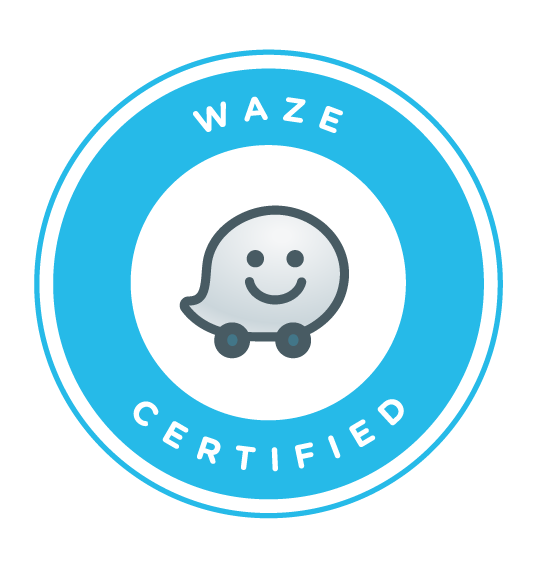Once upon a time in the early years of the Internet there was a mighty browser called Netscape Navigator. It was the default way to access the Internet for the majority of people lucky enough to have access to the web. In fact Netcape Navigator held 90% of the browser market in 1995.
Then came along a mighty software company called Microsoft.
So jealous were they of Netscape’s dominance over online access they created their own web browser and named it Internet Explorer, or IE, as it is now more commonly known.
By 2006 Netscape’s market share had dropped to 1%.
This Fairy-Tale doesn’t end here though, as is so often the case on the web no one company dominates a single market sector forever.
Control Access, Controls Everything!
Microsoft dominated the PC market with its Windows operating system, and integrated IE into it. Within a few of years Netscape was no more. IE now dominated web access as much as it did the PC operating system market with Windows.
But times change and Microsofts grip on browser dominance is now slipping. Known for it’s sluggishness, non-standards compliance and generally bloated coding IE started to lose out to Firefox, which grew ever more popular, especially with developers. Quietly in the background the search giant of the web, Google, stepped into the browser market. Slowly at first, its light weight and speedy browser Chrome took time to get a foothold. The general public not really aware of the advantages it held and developers locked into Firefox because of developer friendly add-ons that assisted with web programming. It didn’t take long for Chrome to become a force to be reckoned with.
The Fallen Champion
In 2008 IE had a 70% share of the browser market and therefore control of the individuals that used it. As of April 2012 Microsoft via IE now only has a 34.8% of the browser market, whilst Google with Chrome has grown rapidly to control nearly 31%. Leaving Firefox with just 25% of the market share. It is expected that in the next 12 months Chrome will become the most popular way for people to access the Internet.
Source: StatCounter Global Stats – Browser Market Share
What of Facebook?
Whilst the war over access to the web has been going on Facebook has grown the biggest online community that has ever existed. Over 850 million people use the social platform to chat, post photo’s, play games and do business.
But how they get there is Facebook’s achilles tendon.
Where Google+ has grown quickly, 170 million users according to Google CEO Larry Page, it still has a long way to go before it seriously contends with Facebook in user numbers. Yet we know that Google+ was never intended to be an independent platform. Many of Googles other products already integrate seamlessly with Google+, and Google has not been shy about its use of your Google+ activity to assist with personalised search results. Therefore it is only a matter of time before it leverages its coming browser dominance to deliver users into the Google+ platform.
In this version of the future Google would now control the way people look for things on the web with it’s search engine, and eventually the way people access the web in the first place. It would not be difficult for them to relegate Facebook to the back of the queue when it comes to social networking online. In fact there are currently many Chrome add-ons related to Google+ which may one day just be part of the default browser.
A Glimmer Of Hope
There are two opportunities for Facebook in this battle for access. One is Apps.
For all it’s advances online Google has yet to produce killer mobile applications that work with Google+. Facebook have been slow in coming forward but there is now a usable iPad App and other Apps for all popular smart phones. Yes Google has Android, but where the Android mobile platform is popular, the majority of serious web access is still currently via Apples iOS.
The second chance for Facebook is to develop it’s own browser. One that integrates seamlessly with the social network is likely to appeal to its users. Even if it doesn’t fancy building one itself, Microsoft is highly likely to do a deal over IE to ensure its chances of remaining dominant in the browser wars.
And The Winner Is…
Facebook is not down and out yet, and Microsoft won’t give up without a fight. But if you ever doubted Google+ playing a part in your business’s social media strategy then this at least should get you rethinking.
Google lives off the data it collects, it’s this that it sells to you, allowing your businesses to target potential customers more accurately and efficiently. The more it can do to encourage people to use it’s products, whether through improved usability, Chrome, or better results in Google Search, this is what it will do.
Social Media offers the most valuable dataset of all, this fact alone will drive Google+ to own the social space. Make sure you don’t miss the ride!
If you need help getting up to speed with Google+ or any of the other social platforms call Sean on +44 (0)7850957506.






